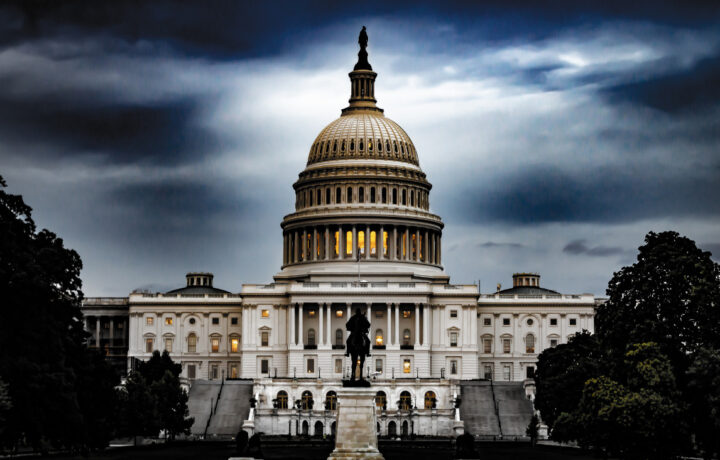A bill proposed last week could lead to jail or up to a $1,000 fine for anyone who discloses that they have a security clearance. The bill was introduced into the House, and has virtually no chance of making it over to the Senate, but shows the continued politicization of the clearance process and the disconnect between many members of congress and the work of national security.
“The American people know that the Deep State primarily exists because of the widespread abuse of national security clearances by people who were trusted to act in the interests of our country,” Rep. Matt Gaetz, the bill’s sponsor, said in a press release announcing the legislation. Gaetz called out an October letter signed by former intelligence officials regarding Hunter Biden’s laptop.
The criticism by congress of the national security community isn’t anything new, but legislation that would make it illegal to acknowledge clearance status takes it to another level, and just exacerbates already existing confusion among newly cleared professionals about whether or not their clearance status itself is classified.
If you work in national security, you should be smart about how you discuss your work – with anyone. That’s true whether you work for the CIA or a small fish in the supply chain. The work of national security is nuanced, and broad, however, and very few of those with a security clearance are in covert ops. The reality is, the nature of your job title and employer along are enough to give most people a strong idea of your clearance level -right down to your need for a polygraph.
If you have a security clearance, guidance today proctored by even the IC agencies themselves notes it’s okay to list your clearance level on your resume, but avoid listing any Special Access Programs, project names, and other details.
There is already language within the National Industrial Security Program Operating Manual (NISPOM) which advises companies who have obtained a facility security clearance not to use that designation in their advertising. The policy includes a specific exception for listing a FCL for employment or contracting purposes.
The bill sets a combative tone between the national security community and congress, at a time when the government should be looking to attract and retain as many workers as it can. If someone is willing to take on the critical work of safeguarding the nation – they shouldn’t face a criminal penalty for acknowledging it. Particularly from members of congress who don’t have to go through a similar vetting process at all.



